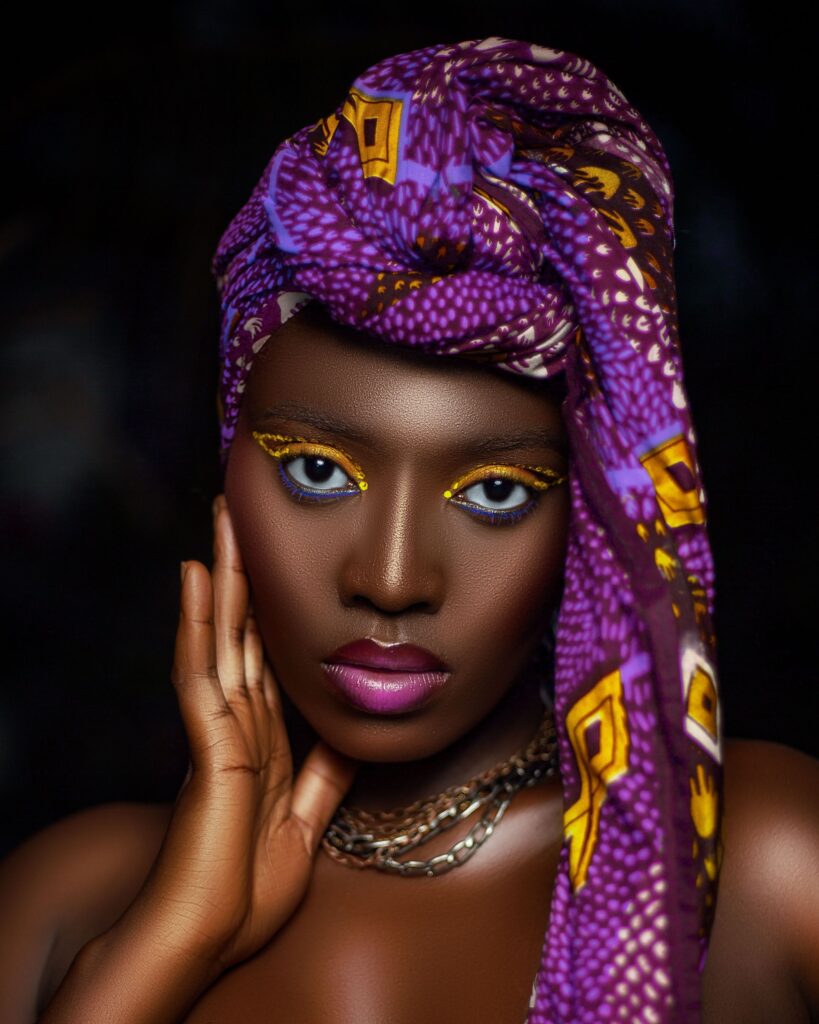How is Heritage Day Celebrated in Schools Families Workplaces and Churches in South Africa

How is Heritage Day Celebrated in Schools Families Workplaces and Churches in South Africa?
Heritage Day in South Africa, celebrated on September 24th, is a vibrant and meaningful occasion that reflects the rich cultural diversity and history of the nation. Here’s how various communities and institutions usually mark this day:
Schools
Heritage Day is celebrated in schools across South Africa as a vibrant occasion to honor and embrace the country’s rich cultural diversity. This day serves as an opportunity for students and staff to actively participate in and learn about the myriad cultures that constitute their nation.
How Heritage Day is Celebrated in Schools:
- Cultural Presentations and Performances: Schools organize events where students perform traditional dances, songs, and dramas to showcase their cultural backgrounds. These performances are both educational and a celebration of diversity.
- Traditional Dress: Students and staff wear traditional outfits representing their cultural heritage. This display of colorful and diverse attire promotes pride in personal identities and enhances the celebratory atmosphere.
- Cultural Exhibitions: Schools display artifacts, artwork, and posters that highlight different cultural histories, languages, and traditions. These exhibitions provide a visual and informative celebration of South Africa’s cultural wealth.
- Guest Speakers: Community elders or cultural leaders share their knowledge and stories about the significance of maintaining and celebrating cultural heritage, providing students with insights that enrich their understanding of their own and others’ cultures.
- Food Festivals: Schools host food festivals where students and staff prepare and share dishes from various cultures. This allows everyone to experience the unique flavors of different cultural cuisines.
- Learning and Discussion Sessions: Teachers organize discussions focused on the importance of cultural diversity, heritage, and history. These discussions are incorporated into classes like History, Literature, or Social Studies, providing context and depth to the curriculum.
- Art and Craft Workshops: Students participate in workshops to create traditional crafts or artworks that reflect different cultures. These activities are educational, fun, and promote an appreciation for the artistic traditions of various groups.
Through these activities, schools not only celebrate Heritage Day but also foster an environment of understanding and unity among students from diverse backgrounds. Celebrating this day in educational settings is crucial for promoting respect and unity among the youth of South Africa.
In Families
How Heritage Day is celebrated in South African Fa:
Families celebrate Heritage Day as a way to reconnect with their roots and teach the younger generation about their history and traditions.
- Family Gatherings: Many families hold get-togethers where stories and traditions are passed down.
- Traditional Meals: Preparing and sharing traditional meals is a common practice.
- Cultural Practices: Participating in traditional cultural practices and ceremonies.
At Workplaces
How Heritage Day is celebrated in South African Workplaces:
Many companies and organizations use Heritage Day as an opportunity to enhance cultural awareness and inclusivity among employees.
- Dress in Traditional Attire: Encouraging employees to wear traditional clothing.
- Cultural Exhibitions: Hosting exhibitions or talks about different cultures.
- Team-building Activities: Organizing activities that focus on cultural appreciation and teamwork.
In Churches
How Heritage Day is celebrated in South African in Churches:
Churches across South Africa celebrate the day by incorporating cultural heritage into their services and community activities.
- Special Services: Services that include traditional music, prayers, and messages that highlight the importance of cultural heritage.
- Community Outreach: Many churches organize events aimed at giving back to the community, reflecting the spirit of Ubuntu—a Nguni Bantu term meaning “humanity.”
- Cultural Celebrations: Hosting events after services where people can share their cultural practices, attire, and food.
Overall, Heritage Day in South Africa is a day of celebration, reflection, and education, aiming to foster a sense of pride and unity among its people. It’s a day when South Africans come together to celebrate not just their own heritage, but also to appreciate and learn about the cultures of others living in their diverse country.

Why Heritage Day is Celebrated
Heritage Day in South Africa, celebrated on September 24th, is a deeply significant public holiday that honors the rich cultural heritage and diversity of the nation. The essence of the day lies in recognizing and celebrating the various cultures, traditions, and histories that make up the fabric of South African society. Here’s why it’s such an important day:
Unity in Diversity
South Africa is often referred to as the “Rainbow Nation,” a term coined by Archbishop Desmond Tutu to describe the country’s multicultural diversity. Heritage Day serves as a reminder of this unity in diversity, encouraging South Africans to celebrate not only their own cultural heritage but also to respect and appreciate the cultures of others living around them.
Acknowledging History and Cultural Wealth
The day is also about paying homage to the country’s complex history, from its indigenous peoples to the influences of colonialism and apartheid. It’s an opportunity to reflect on the past, celebrate the progress made, and acknowledge the ongoing journey towards healing and unity.
Promoting Cultural Awareness and Pride
Heritage Day encourages individuals to take pride in their roots and cultural identities. It’s a day for South Africans to showcase their traditions, languages, and customs, thereby fostering a greater understanding and respect among the diverse communities.
Strengthening National Identity
By celebrating Heritage Day, South Africans reinforce their identity as a nation. It’s an occasion that brings together the country’s diverse population to celebrate what it means to be South African, strengthening the social and cultural bonds that tie the nation together.
Fostering Social Cohesion
The day plays a crucial role in building social cohesion and promoting national unity. Through various activities and celebrations, people from different backgrounds come together, share their heritage, and learn from each other. This mutual respect and understanding are essential for the ongoing efforts to build a cohesive society.
In essence, Heritage Day is celebrated to embrace and enjoy the rich mosaic of cultures that contribute to the nation’s identity, fostering a shared sense of belonging and national pride among all South Africans.
